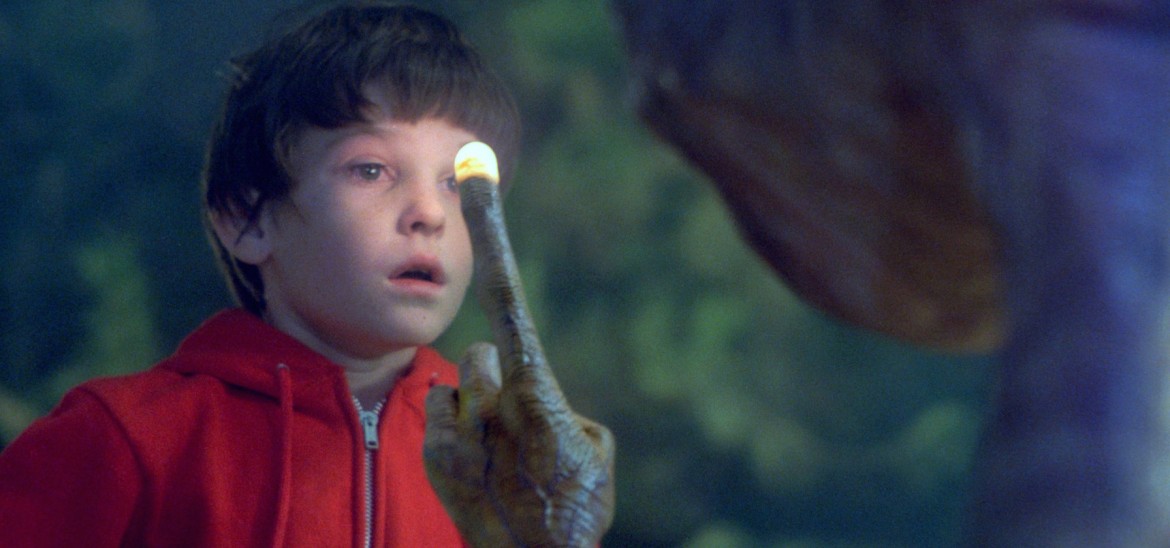Into Film Clubs
Find out everything you need to know about starting an Into Film Club.



'Respect' is a word that is banded about freely, without much real consideration of its multiplicity of meanings and interpretations. If you take a moment to consider your own personal understanding of the word, the range of possible connotations and the term's huge significance become very apparent.
The notion of respect is obviously hugely important in an educational setting, and I'm sure like many other teachers, I am aiming to promote respect in my everyday practice and lead by example. Using film in the classroom and running a film club allows me to do this.
To me, respect is about tolerance, admiration, and above all, a sense of acceptance and celebration of differences. I feel that using film in the classroom and running a film club is a perfect gateway into promoting and celebrating respect, and these themes are very much a hot topic on many schools' spiritual, moral, social and cultural (SMSC) agendas.
Firstly, just running a film club alone and allowing inclusive membership promotes respect. The sense of community in participating brings about mutual respect, acceptance and helps develop a sense of identity for young people. Members of my film club all have a badge that they love to wear with pride. This badge signifies immediate acceptance and makes them part of a community. Being part of a film club gives members, particularly the younger ones moving up from primary, a sense of self at a turbulent time. Film club becomes their thing and a great leveller, as it puts all members on the same footing. A good way into this topic could be to get members discussing what being a film fan and a film club member means to them, and seeing how they think the club can promote respect.
Another way running a film club can promote and celebrate ideas around respect is through programming films that celebrate differences, whether this is films from other cultures or films that explore respect thematically. Discovering films from other cultures is a good starting point. At my club, we have recently run a season of films from other cultures and held brief discussions afterwards.
Widening young peoples cultural awareness through film is a useful way to promote universal respect and particularly the idea of accepting and celebrating difference. After we watched the magnificent Song of the Sea I could see that students had a fresh awareness of the cultures and traditions of people beyond their own; in this case it was the culture and heritage of Irish people, and the world of Irish folklore. If you have a diverse range of cultures and ethnicities within your club, you could ask individual members if they are aware of any suitable films that explore their own cultural heritage.
E.T. The Extra-Terrestrial is a great starter film for exploring respect. The film can easily open up a conversation and mutual understanding of what respect can mean to young people. Above all, the film explores the key theme of acceptance, and, interestingly, it reveals the innate sense of prejudice-free acceptance and tolerance that young children possess, as we see how the young characters accept E.T.'s otherness. If you are a bit stuck, this film might be a good starting point. Questions to start a discussion could be: Is E.T. actually that different? Who shows E.T. respect first and why? Do you respect E.T. at the start of the film as well as at the end?
Here are some films that can be used to open up a dialogue around the topic of respect:
Viewing 4 of 4 related items.

Get in touch with your article ideas for the News and Views section.